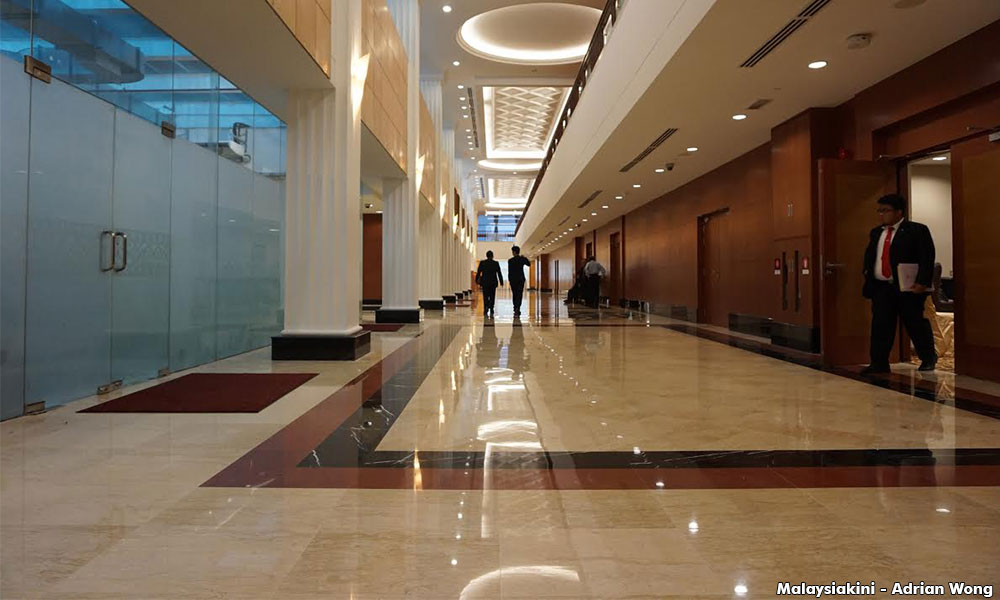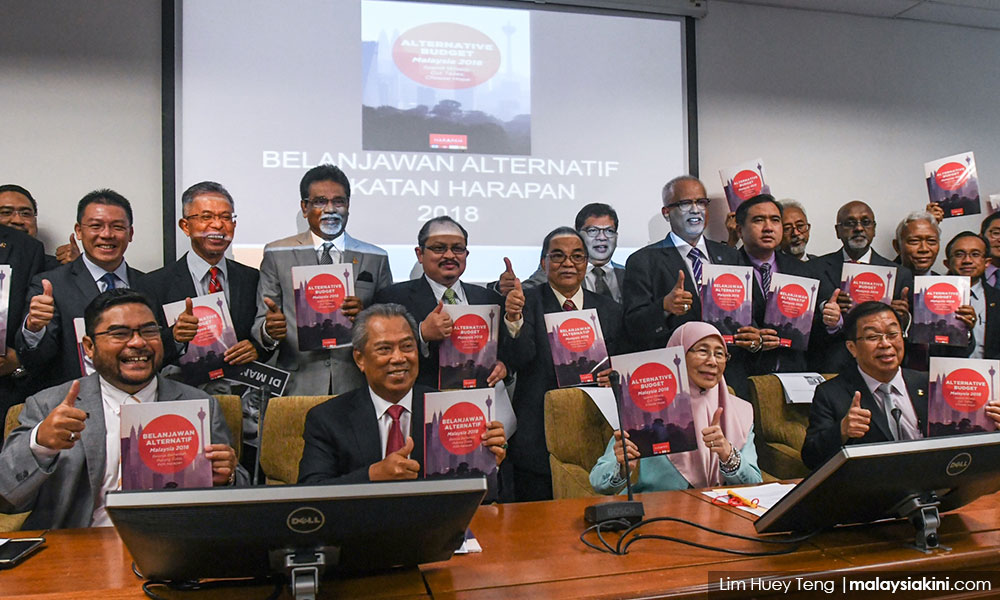COMMENT | We see an interesting phenomenon today. A handful of mostly young Malaysians are seriously contemplating to either abstain from voting, cast spoilt votes or vote for so-called “third force” parties.
The common reasoning for doing so include Pakatan Harapan’s perceived lack of policies and lust for power, Dr Mahathir Mohamad’s role in the coalition, and the belief that a viable difference can be made without relying on political parties.
In an election, voters usually cast their votes based on few considerations: the competence of the candidate; political promises made by the candidate or his/her party; and the effect to the overall fate of the party/coalition. In the context of the coming general election, the third point refers to whether a long-ruling government can be changed or not.
As much as the politicians on both political divide would love to tell us that the third point is crucial, a lot of weight is still placed on the first and second considerations when the time comes for a citizen to cast a vote.
At this point in time, it seems as though for that particular group of voters, more weight is being given to a fourth consideration: whether any of the party deserves their vote.

In an ideal world, when we vote candidates into Parliament, they will be voicing out issues concerning the whole country (and not just those of their constituencis), advocate for what their party believes in, and serve their roles in the interest of nation and people.
There is relatively little effect as to which party forms the government because if the government does not perform, people will vote them out in the next election, and they are forced to improve themselves to get back into office.
However, on a scale of 1 to 10, how ideal a world do you think we live in?
I think we have come far enough to realise what issues our country are facing today, whether economically, politically or socially. At the very least, those who want to make a viable difference without voting must have observed something that trigger them to want to make the difference.
It should come as no surprise when I say that while many of the problems we face today are due to uncontrollable factors, many are actually not.
We all have heard of 1MDB scandal, we all have heard of how other countries call us a kleptocracy, we have heard that 15 percent of Malaysians are skipping meals to make ends meet, we have heard of the racial politics that BN is playing to garner votes, we have heard of how much power is being centralised in the hand of the Prime Minister, and we have heard of how gerrymandering denied democracy and the will of 52 percent of the people who wanted to change government in the last election.
These are problems that we are forced to face, in exchange of an oppressed democracy.
“Isn’t Mahathir the one who started many of the problems we face today?” some may ask. However, did no one notice that Mahathir is trying to rectify the system that is currently abused by the current government and the Prime Minister? Is that not a good enough reason for any Malaysian to start thinking about what Malaysia will become if the system continues to be abused?

What about policies of Harapan? Last time I checked, Harapan made a series of manifestos on institutional and economic reforms. There are also forums, talks, articles and videos that give thorough explanations on how the reforms can be executed.
Harapan has even prepared an alternative budget that sets out what a sustainable and rakyat-focused budget should look like.
There will be no “one size fits all” when it comes to policy setting, and Harapan’s policies are bound to face questions from the public. In fact, before any manifesto is announced, they usually go through rounds and rounds of debate and scrutiny by the members of the coalition.
If members of the public have any doubts on the policies, one channel to voice it out is by asking the politicians in the forums they organise, or simply write a message to them.
The real question is, what policies did BN offer that one should continue to give them more chances to rule Malaysia?
As for those who think that they will be able to make “viable difference” without needing to go through politics, they should think of the nature of the difference and the extent of the difference that can be possibly made.
Can unemployment and low wages be dealt with without political exercises? Can corruption practise be eradicated or minimised without political will from the government? Can a nation be properly developed and responsibly managed by body other than the government?
What kind of political force that is not related to political parties can bring about policy change, law enactment, and institutional reforms? Even a protest with 500,000 people will hardly make a dent if the ruling parties face no pressure from being voted out.
If we want to solve the problems that many Malaysians are facing now, the first step is to vote for the coalition that commits to the cause, and more importantly, make the coalition your next government. This is the political force that is viable.
To the group who thinks that they can form a viable political force without relying on any political parties, may the force be forever with you.
KERK CHEE YEE is political secretary to DAP Parliamentary Leader Lim Kit Siang.
The views expressed here are those of the author/contributor and do not necessarily represent the views of Malaysiakini.

